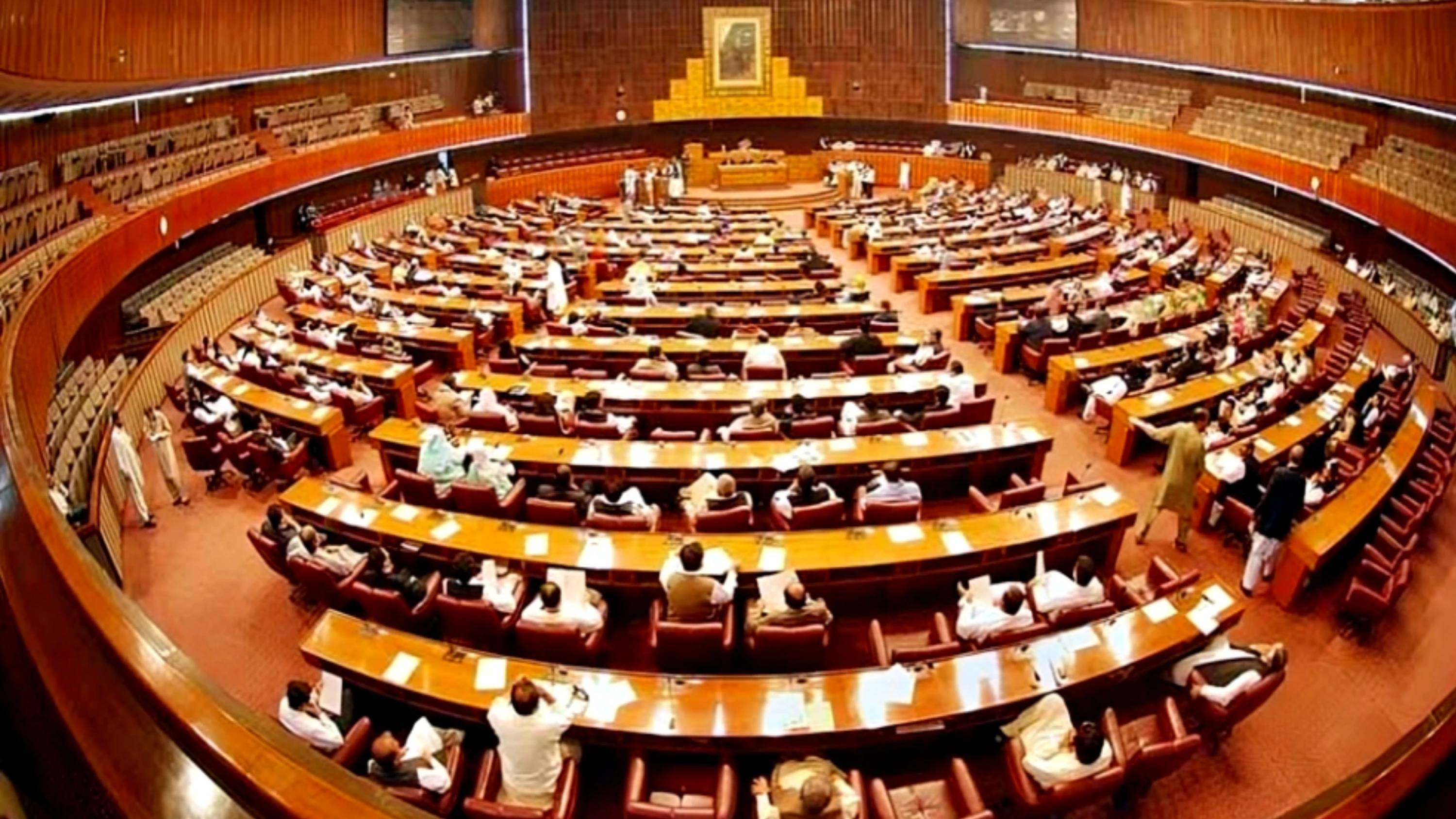Editorial: In the evolving political and legislative landscape of Pakistan, the recent developments surrounding the Khyber Pakhtunkhwa Mines and Minerals Bill have rekindled a long-standing debate: the autonomy of provinces versus the authority of the federal establishment. Passed by the KP cabinet and likely to face little opposition in the PTI-majority provincial assembly, the bill has sparked fears among political and civil society circles that it represents an aggressive step toward rolling back the 18th Amendment, thereby undermining provincial rights enshrined in the Constitution.
A Historical Struggle for Provincial Autonomy
The roots of this conflict lie deep in the history of Pakistan. Long before the nation’s inception, the Khudai Khidmatgar movement, led by Khan Abdul Ghaffar Khan (Bacha Khan), opposed the division of India and refused to recognize the legitimacy of the 1947 referendum that merged the then-North-West Frontier Province (now KP) into Pakistan. After the inclusion of KP in Pakistan, Bacha Khan and his followers chose the path of non-violent political struggle for provincial autonomy, a journey marked by mass arrests, brutal repression, and the sacrifice of hundreds of lives.
This 63-year-long struggle culminated in April 2010 when the 18th Amendment to the Constitution was passed, granting significant autonomy to the provinces, curtailing the federal government’s and military establishment’s direct control, and symbolizing a victory for marginalized ethnic nations like the Pashtuns and Baloch.
The Threat Posed by the Mines and Minerals Bill
However, the new Mines and Minerals Bill, introduced by the PTI-led provincial government, is perceived by critics as an attempt to undermine this autonomy. By reclassifying provincial mineral resources as “strategic,” the bill paves the way for federal (read: military) control over these resources — a clear encroachment on the domain allocated to provinces under the 18th Amendment.
This is not an isolated move. In fact, the federal establishment’s unease with the 18th Amendment has been explicitly voiced on multiple occasions. In 2018, former Army Chief General Qamar Javed Bajwa controversially remarked that the 18th Amendment was “more dangerous than Sheikh Mujib’s six points,” a chilling comparison evoking the specter of 1971 and the secession of East Pakistan. In 2024, the ISPR further stoked ethnic resentment by asserting that the resources of KP were not the birthright of the Pashtuns nor their inheritance — comments that many saw as racially and politically charged.
A Pattern of Strategic Rollbacks
The push to reverse gains of the 18th Amendment did not begin with this bill. Following the 2013 elections — widely seen as engineered to bring the PTI to power — projects initiated by the ANP-led government to enhance KP’s economic independence were systematically dismantled. This included the closure of KPOGCL, KP’s own oil and gas company, with resource control handed over to military-owned companies like Mari Petroleum. Similarly, the Chashma Right Bank Canal, a vital project for KP’s agricultural self-sufficiency, was shelved.
This regression mirrors a broader strategy: shifting control over provincial economic assets to federal military-run enterprises like NLC, FWO, and others, thereby hollowing out the autonomy granted on paper by the 18th Amendment.
Conflict of Interest Between Provinces
The core of Pakistan’s constitutional struggle lies in conflicting interests between its provinces, especially Punjab and the smaller, resource-rich but politically marginalized provinces like KP and Balochistan.
Some key examples include:
Kalabagh Dam: Seen as life-saving for Punjab but potentially disastrous for KP and Sindh.
Chashma Canal: Its construction would end KP’s dependency on others for food, threatening Punjab’s agricultural hegemony.
Energy Control: If KP utilizes its own gas and electricity, Punjab’s industry would shift northward, altering the economic balance.
Water Distribution: The six-canal project on the Indus threatens to turn Sindh into a desert to feed Punjab’s lands.
These disparities highlight how any real implementation of the 18th Amendment would naturally redistribute power and resources, undermining Punjab’s central dominance and the military’s economic interests.
The Militarization of Economy and Politics
Pakistan’s military is not just a security institution — it is one of the country’s most powerful economic stakeholders. From agriculture to logistics, construction, energy, and even real estate, military-owned businesses dominate key sectors. For these enterprises to flourish, the military establishment needs unrestricted access to land and resources, even if that means violating provincial rights or constitutional provisions.
Recent interest from international powers, including the U.S., in Pakistan’s mineral wealth has intensified this dynamic. Given the military's history of brokering such deals, it's no surprise that bills reclassifying provincial resources as "strategic" have surfaced around the same time, indicating a clear link between foreign interests, military control, and legislative action.
A Political and Ethnic Powder Keg
The move to pass the Mines and Minerals Bill without public debate or consultation with relevant stakeholders has already triggered strong reactions. ANP in both Balochistan and KP has vowed to launch mass protests and legal challenges, warning that the bill could ignite a new wave of ethnic and political unrest in an already volatile political climate.
In a bold and fiery press conference, Aimal Wali Khan, the leader of Khyber Pakhtunkhwa’s most prominent nationalist party, issued a stark warning to the establishment and the federal government. He declared unequivocally that any attempts to seize the province's resources or roll back the 18th Amendment would be met with fierce resistance. Going a step further, Khan stated that such actions could compel his party to openly declare rebellion against the state and launch a movement for independence from Pakistan.
The historical oppression of Pashtun and Baloch political voices — including assassinations, mass arrests, and Taliban-backed political engineering — suggests that any new attempt to strip these communities of their resource rights could lead to a renewed cycle of resistance and repression, threatening the very fabric of Pakistan’s federal unity.
A Dangerous Precedent
Rather than symbolizing national progress, the Mines and Minerals Bill serves as a reminder of the unresolved contradictions at the heart of Pakistan’s federal structure. It underscores how ethnic grievances, resource exploitation, and military overreach continue to endanger the dream of a democratic, stable, and equitable federation.
The path forward is not to erode the 18th Amendment, but to uphold it in both letter and spirit — by ensuring provinces truly govern their affairs and benefit from their own resources. Ignoring this will not just disenfranchise marginalized communities — it risks setting the country on a dangerous course toward deeper division, discontent, and destabilization.
Pakistan must decide: Will it remain a federation of equals — or descend into a centralized, militarized state that crushes its own diversity for the sake of control?








